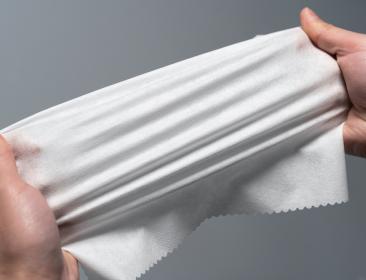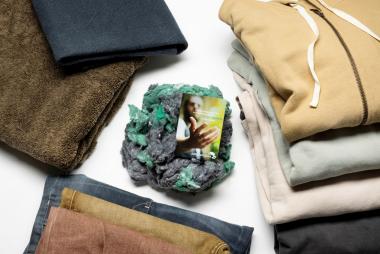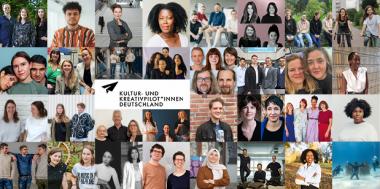Project "Grow Your Own Couture" by Piero D’angelo wins IMAGINING SUSTAINABLE FASHION AWARD 2023
“Grow Your Couture” by Piero D'angelo, the winning project of the IMAGINING SUSTAINABLE FASHION (ISFA) competition was announced during a webinar broadcast on 18 May attended by Giusy Bettoni CEO of C.L.A.S.S. Eco Hub, Anna Detheridge President of Connecting Cultures and ISFA ambassadors Valentina Suarez, co-founder and CEO of Universo Mola and Vishal Tolambia winner of the 2022 edition.
Piero D'angelo's project was the best among the 110 proposals received after the international call for proposals launched on 27 October 2022.
Piero D'Angelo, 36, a graduate in Fashion Womenswear from the Royal College of Art in London and in Textile Design from Central Saint Martins, is a Fashion and Textile Designer with a research focus on biotechnology in the fashion industry. In 2022 he founded his Fashion & Textile Design studio experimenting with a multidisciplinary approach on the importance of natural materials and Biodesign. From 2018 to 2022 Piero D'Angelo was a resident and then Product Researcher & Developer at Open Cell (Biotech Research Park), a biotech start-up community in London. He was awarded the Dorothy Waxman Textile Design Prize in 2015 and semi-finalist for the LVMH Prize in 2020.
In his communication project, 'Grow Your Own Couture' D'Angelo imagines a future scenario where it will be possible to grow one's own clothes through living organisms such as lichens that are able to absorb pollution. But the project also wants to communicate a return to nature and above all care and protection towards it. In fact, the user is not simply a user of fashion, but through a kit is part of the process of growth, care and creation of the garment, thus abandoning the traditional paradigms of fashion. The project wants to completely re-imagine the way fashion could be designed, produced and used, proposing not only a product, but also a system that wants to collaborate with nature instead of polluting or exploiting it.
C.L.A.S.S.



























